Kidney Cancer

Kidney Cancer
- Kidney cancer, also known as renal cell carcinoma, originates in the kidneys. Risk factors include smoking, obesity, and genetic predisposition. Early detection and advancements in treatment contribute to improved outcomes.
Causes
Bladder cancer can develop due to various factors, including:
1. Tobacco Use: Smoking tobacco is a significant risk factor for bladder cancer. Chemicals present in tobacco smoke can enter the bloodstream and accumulate in the urine, potentially damaging the lining of the bladder over time.
2. Exposure to Chemicals: Occupational exposure to certain chemicals, such as those used in the dye, rubber, leather, and textile industries, may increase the risk of bladder cancer. These chemicals can be absorbed through the skin or inhaled, eventually reaching the bladder and causing cellular damage.
3. Chronic Bladder Inflammation: Persistent urinary tract infections or chronic bladder inflammation can irritate the bladder lining, leading to cellular changes that may increase the risk of bladder cancer development.
4. Arsenic Exposure: In regions where drinking water contains high levels of arsenic, long-term exposure to this toxic substance may elevate the risk of bladder cancer.
5. Age and Gender: Bladder cancer is more common in older adults, with the risk increasing with age. Additionally, men are more likely than women to develop bladder cancer.
6. Genetic Factors: Some individuals may have genetic predispositions that make them more susceptible to bladder cancer. Certain genetic mutations or familial patterns may increase the risk of developing the disease.
7. Radiation Therapy: Previous radiation therapy to treat other cancers, such as pelvic radiation therapy for prostate cancer or cervical cancer, may slightly increase the risk of bladder cancer development later in life.
Understanding these risk factors can help individuals and healthcare professionals take preventive measures and implement early detection strategies for bladder cancer.
Signs & Symptoms
1. Dehydration: Insufficient fluid intake can lead to concentrated urine, increasing the risk of stone formation.
2. Diet: High intake of oxalate-rich foods (such as spinach, nuts, and chocolate), sodium, and animal proteins may contribute to stone development.
3. Obesity: Being overweight or obese can increase the risk of kidney stones.
4. Certain Medical Conditions: Conditions like hyperparathyroidism, urinary tract infections, and cystic kidney diseases may promote stone formation.
5. Family History: A family history of kidney stones can predispose individuals to develop them.
6. Medications: Some medications, including diuretics, antacids containing calcium, and certain antibiotics, may increase the risk of kidney stones.
7. Digestive Disorders: Conditions that affect the absorption of calcium or increase oxalate absorption, such as Crohn’s disease or gastric bypass surgery, can contribute to stone formation.
8. Age and Gender: The risk of kidney stones tends to peak during early to middle adulthood and is more common in men than in women.
9. Sedentary Lifestyle: Lack of physical activity may contribute to the development of kidney stones.
Understanding these factors and their corresponding numbers can help individuals take preventive measures and reduce their risk of developing kidney stones.
Make An Appointment

Dr. Anil Kumar T
